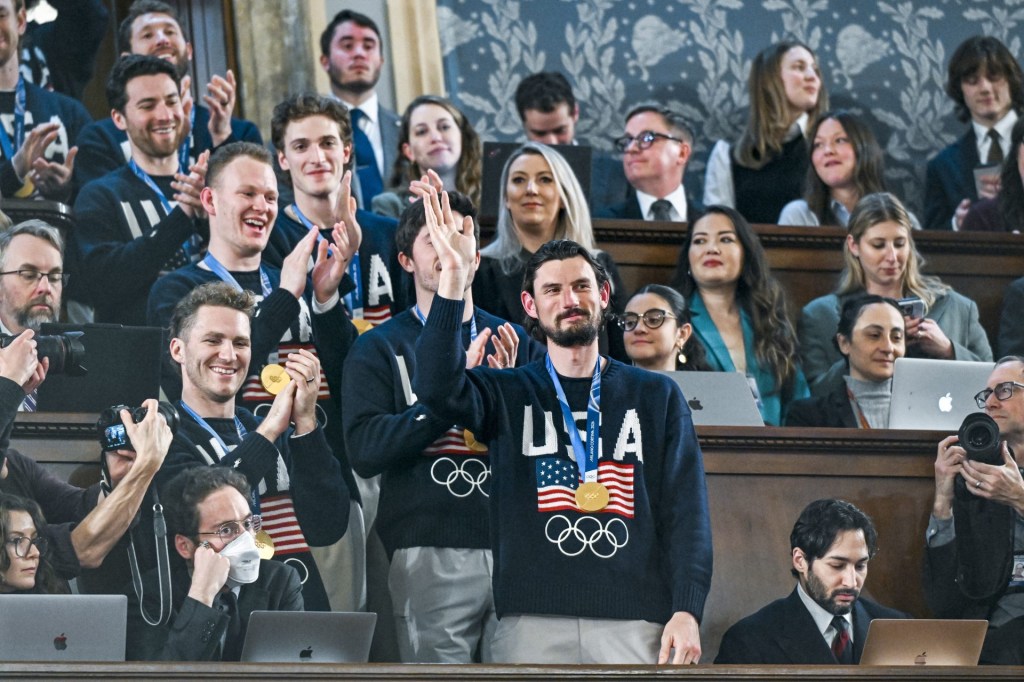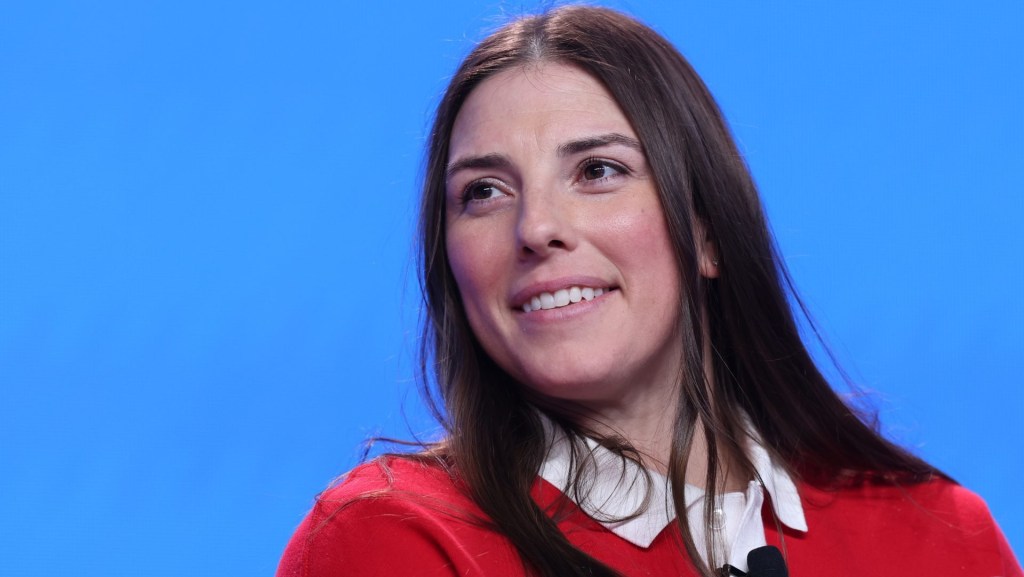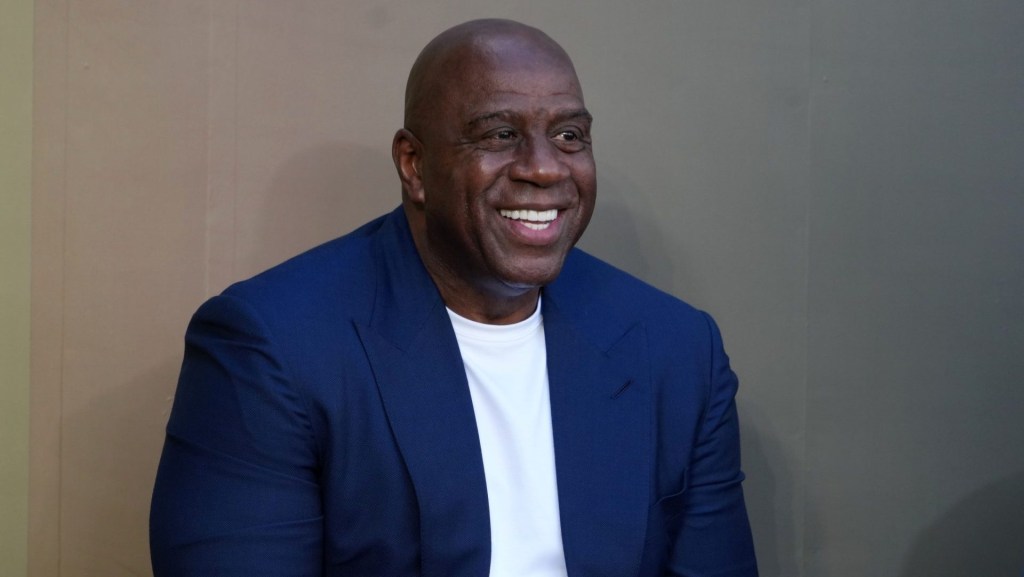The waiting is over, and Connor McDavid will remain an Edmonton Oiler—at least for now, after signing a short-term, team-friendly contract.
The three-time National Hockey League Most Valuable Player signed a two-year extension with the Oilers on Monday worth $25 million. The deal, covering the 2026–27 and 2027–28 seasons, followed an offseason of waiting in which McDavid has been eligible since July to sign a new deal. He didn’t do so for more than three months, though, as he continued to evaluate his options and consider the Oilers’ competitive window after the team lost in the Stanley Cup Final each of the last two seasons to the Panthers.
McDavid’s decision arrived two days before the Oilers begin the 2025–26 season at home against the archrival Flames. This year, he will finish an eight-year, $100 million deal signed in 2017. The extension, as a result, maintains his $12.5 million average annual salary.
“Our journey here continues,” McDavid said Monday afternoon in a social media post.
The contract is the second major one in the NHL in the last week after the Wild signed star winger Kirill Kaprizov to an eight-year, $136 million extension, setting league records for both total and average annual value. Even after this McDavid extension, Kaprizov remains the league’s standard-bearer for salary.
McDavid’s signing for below his current market value signals a keen interest to help the Oilers build around him and win a Stanley Cup, not unlike the approach Penguins superstar Sidney Crosby has taken with his recent contracts in Pittsburgh.
“Connor’s commitment to our team and our city is surpassed only by his singular focus on bringing a Stanley Cup back to the fans of the Edmonton Oilers,” the team’s EVP of hockey operations and GM, Stan Bowman, said in a statement.
With the shorter term of McDavid’s deal, he will be eligible to become a free agent when he is 31—at which point he would still likely command significant interest around the league.
The league’s salary cap, now at $95.5 million for the upcoming 2025–26 season and up from last year’s $88 million, is estimated to jump to $104 million in 2026–27 and $113.5 million in 2027–28. That increase, fueled largely by accelerating revenues in the sport, means that the NHL salary cap will spike by more than 25% over a three-year period.
Any individual player can sign for as much as 20% of a team’s salary cap, meaning that annual salaries of $20 million are soon forthcoming.







![[Subscription Customers Only] Jun 15, 2025; Seattle, Washington, USA; Botafogo owner John Textor inside the stadium before the match during a group stage match of the 2025 FIFA Club World Cup at Lumen Field.](https://frontofficesports.com/wp-content/uploads/2026/02/USATSI_26465842_168416386_lowres-scaled.jpg?quality=100&w=1024)
![[Subscription Customers Only] Jul 13, 2025; East Rutherford, New Jersey, USA; Chelsea FC midfielder Cole Palmer (10) celebrates winning the final of the 2025 FIFA Club World Cup at MetLife Stadium](https://frontofficesports.com/wp-content/uploads/2026/02/USATSI_26636703-scaled-e1770932227605.jpg?quality=100&w=1024)








